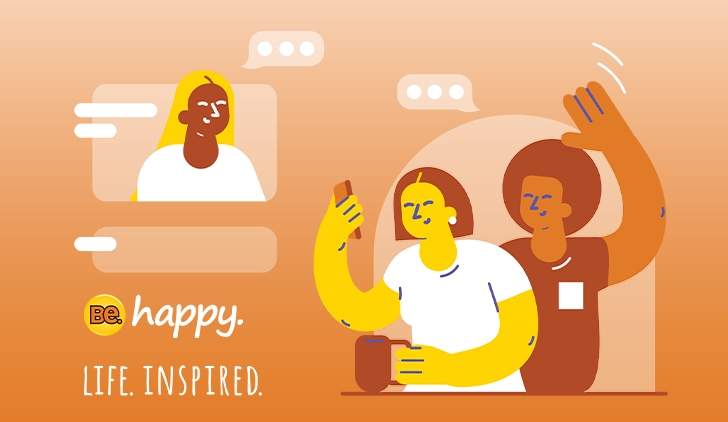
Bonding and sharing quality moments with people can lead to a better and longer life.
Being socially connected is vital to your overall health. According to the Centers for Disease Control and Prevention (CDC), you are socially connected when you have meaningful and regular social exchanges that promote a sense of belonging, caring, value and support.
Connecting with others
While being socially connected is important, it is easier said than done for many people. Here are some ways you can strengthen your existing connections and work on creating new ones:
- Make connecting with others a priority and socialize regularly, whether in person or other ways (like online or by phone).
- Enroll in group activities to find people with similar interests.
- To be more comfortable having conversations, put yourself in social settings with a well-defined beginning, middle and end.
- Invite people to places where you’re comfortable.
- Find the right balance between your alone time and social time based on your personal needs and preferences.
- Have lunch or go on walks with co-workers during your break.
- Participate in company-focused activities, such as Publix Serves, to connect with fellow associates.
Social connections and your health
The CDC says you have a 50% chance of living longer if you build positive, strong social bonds, so don’t be afraid to visit a health care provider if you feel lonely, isolated or stressed. Being socially connected can help you make healthy choices, reducing the chances of
- heart disease
- stroke
- dementia
- depression and
- anxiety.
Fostering social connections can also help you become more physically active and even improve the quality of your sleep.
Building and maintaining these connections is critical for your health and wellness, so go out and get social.


